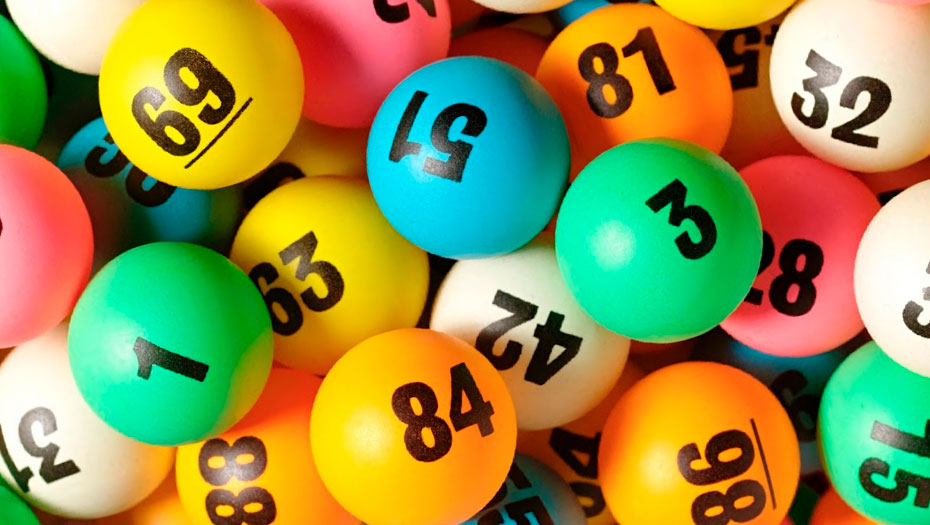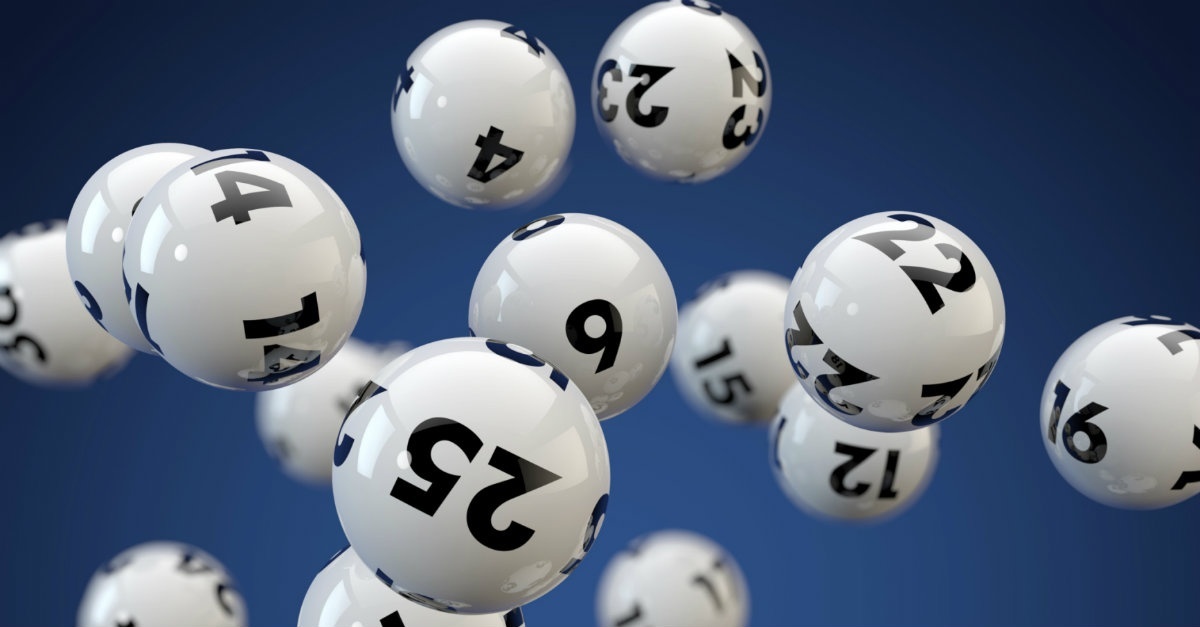
A lottery game is a lottery in which people pay for a chance to win prizes. Part of the cash that a details lotto game obtains is utilized to award winners, as well as to pay general management prices. When the built up money has been dispersed, all that is left over is earnings. Lottery games are very prominent and are legally recommended by the state in greater than 100 nations. In the United States, all lottos are operated by state federal governments, that have actually given themselves the exclusive right to do so. In other words, they are syndicates that do not permit any type of commercial lottery to complete versus them. Lottery game earnings in the United States are utilized entirely to fund government programs. Since August 2008, lottery games operated in 42 states and the Area of Columbia.Additionally, lottery game tickets can be lawfully purchased by any kind of grown-up literally present in a lottery state, even if that grownup does not live in the state. According to the North American Association of State and Provincial Lotteries (NASPL), Americans bet $ 57.4 billion on lottery games in fiscal year (FY) 2006. US lottery sales raised from $ 52.6 billion in financial 2005, an increase of 9%. Why do people play lotto games? A lottery game is an one-time gambling occasion, as it has a little cost in regards to cash as well as offers the possibility to win a huge prize. Even though the probabilities are very low, the grand jackpot is the major selling feature. The rewards collected by reinvestment promote the sale of tickets. As more individuals purchase tickets, the jackpot expands, while the chances of winning decrease. Nonetheless, this click aqui does not prevent people from buying the tickets, as sales rise under these scenarios. Mark D. Griffiths and Richard TA Timber of Nottingham Trent College analyze in "Lotto game Gaming and Addiction: An Introduction of European Research study" why people remain to play the lotto despite the slimmest probabilities.

Usual factors include attracting a huge prize for a small financial investment, successful publicity, promotion about reward champions, ignorance of probability theory, aired animations, overestimation of positive outcomes as well as the underestimation of adverse ones, the integrity of government assistance as well as the belief of the gamers in their own good luck. Nevertheless, perhaps one of the most essential finding of Griffiths and also Wood worries the function of the trap. According to the scientists, many people pick the exact same numbers week after week. As time passes and their numbers are not chosen, the players do not despair. Instead, they assume their possibilities of winning are improving. Gamers frequently experience near misses, in which 2 or more of their numbers show up in the pot drawing. This only encourages them that they are approaching the large prize without understanding that a growing number of are stuck in their very own numbers. According to Wood and also Griffiths, this state of mind is rooted in the common misconception that the probability of winning boosts the longer a losing touch lasts. Emily Haisley, Romel Mostafa as well as George Loewenstein of Carnegie Mellon University discover in "Subjective Relative Earnings and Lotto Game Ticket Purchases" that people that perceive themselves as inadequate are most likely to acquire lotto tickets than individuals who do not. they are regarded as bad. Scientists discover that buying lottery game tickets creates a vicious circle for the poor: it makes use of individuals' desires to escape hardship, but likewise contributes to their failure to improve their monetary situation.